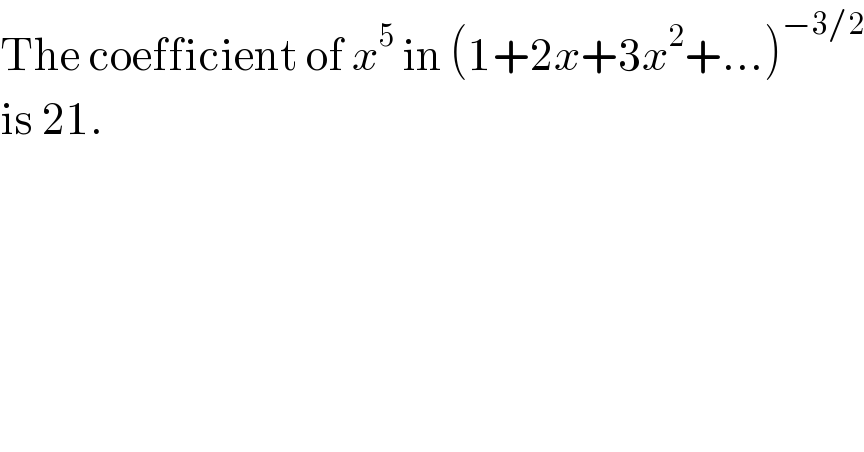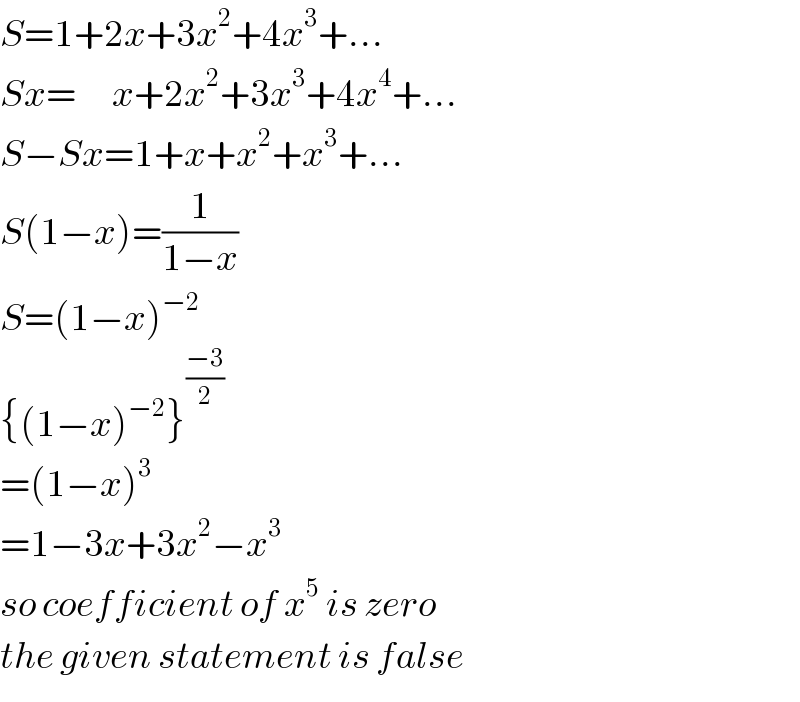
Question and Answers Forum
Question Number 63907 by gunawan last updated on 11/Jul/19

Commented by gunawan last updated on 11/Jul/19

Answered by Hope last updated on 11/Jul/19

| ||
Question and Answers Forum | ||
Question Number 63907 by gunawan last updated on 11/Jul/19 | ||
 | ||
Commented by gunawan last updated on 11/Jul/19 | ||
 | ||
Answered by Hope last updated on 11/Jul/19 | ||
 | ||
| ||